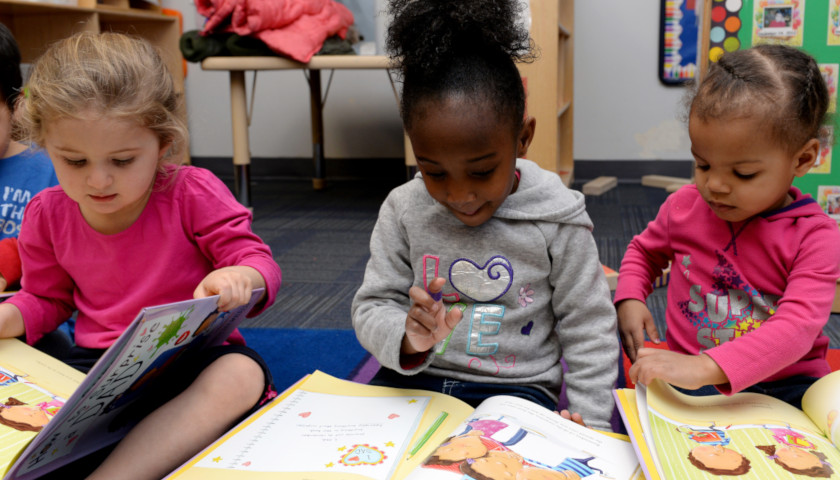Despite showing moderate improvements in national rankings, Michigan’s average reading and mathematics scores for fourth and eighth graders have continued to fluctuate around the national average, according to a report released Wednesday by the National Assessment of Educational Progress.
The NAEP is an assessment test given to a representative sample of students across the country.
Michigan rose to the 32nd spot in the nation in fourth grade reading — up from 35th in 2017 and 41st in 2015. Eighth graders rose in reading levels to 28th in the nation from the 30th spot in 2017 and 31st in 2015.
Despite the rise in rankings, actual score results show that Michigan students tend to be at or below the average reading level of the rest of the nation.
Fourth grade students scored 216 in 2017, 218 in 2018 and again in 2019 on reading assessments. These scores were all below the national average for those respective years. Eighth grade students showed similar issues, scoring 264 in 2017, 265 in 2018, and 263 in 2019. Although these scores were at or slightly above the national average for those years, they showed little to no improvement from year to year.
Michigan students had similar results in the mathematics section, as well.
Although the state moved from the 33rd ranking to the 28th ranking for eighth grade students, actual scores remained below the national average. Fourth grade students dropped from the 38th rank to the 42nd rate in mathematics and showed no change in the last four years in test scores, also remaining below average.
The national average for reading went down for both grade levels when compared to 2017. The national average for mathematics went up for fourth graders, but down for eighth graders for the same time frame.
The change in ranking was lauded by educational officials, who credited it to collaborative early literacy efforts by the Michigan Association of Intermediate School Administrators, the General Education Leadership Network/Early Literacy Task Force, and the Reading Now Network.
“Our rank is improving in spite of two significant challenges: a statewide teacher shortage, which adversely affects most severely the highest poverty and/or most remote districts, and inadequate and inequitable state funding for our 1.5 million Michigan children,” said State Superintendent Michael Rice in a statement.
Michigan Gov. Gretchen Whitmer echoed the sentiment in a statement released Wednesday.
“It’s important to note that this would not have happened if not for the hardworking educators who have dedicated their lives to our kids,” Whitmer said. “We’ve made a step in the right direction, and now we must continue to prioritize funding for early literacy and teacher pay and build a more equitable school funding system. When we put our students and educators first, we can build a Michigan where everyone can get ahead.”
– – –
Jordyn Pair is a reporter at The Michigan Star.





